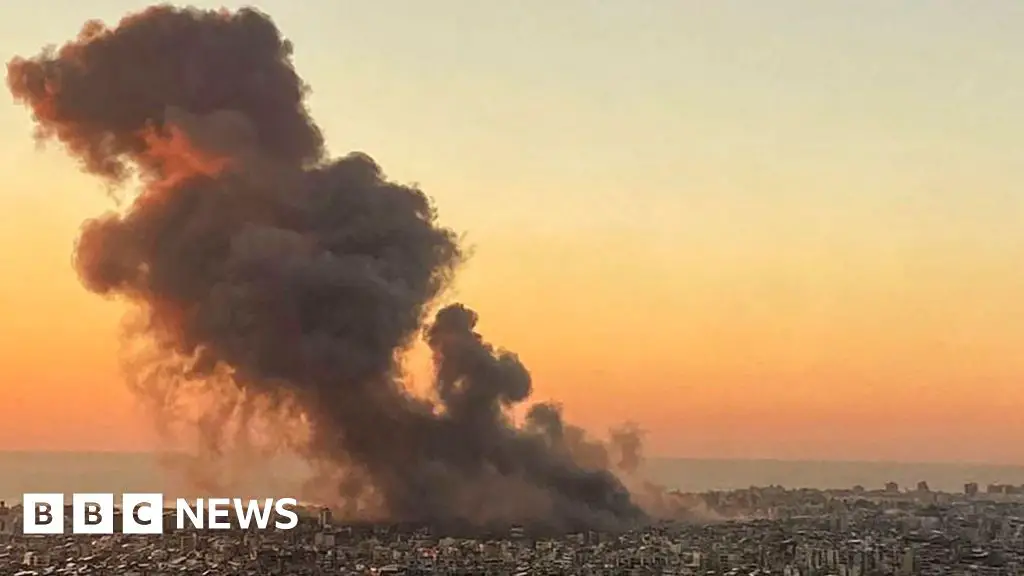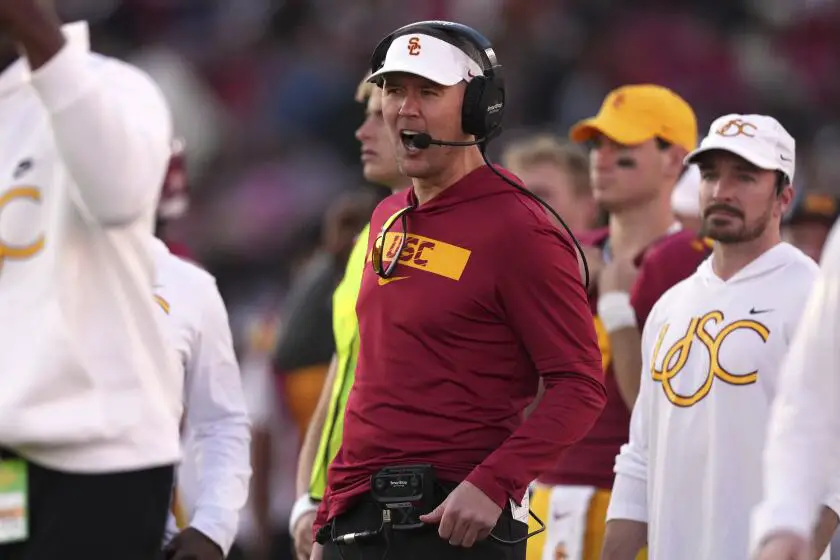
His policy for the last year, as a lifelong supporter of Israel, was to try to influence Netanyahu by showing solidarity and support, delivering weapons and diplomatic protection.
Biden believed that he could persuade Netanyahu not just to change the way Israel fights – the president has said repeatedly that it is imposing too much suffering and killing too many Palestinian civilians – but to accept an American plan for the day after that rested on creating an independent Palestinian state alongside Israel.
Netanyahu rejected the idea out of hand and has ignored Joe Biden’s advice.
After the attack on Beirut, Blinken repeated his view that a combination of deterrence and diplomacy had staved off a wider war in the Middle East. But as events spiral out of US control, he is not sounding convincing.
Big decisions lie ahead. First of all, with or without Nasrallah, Hezbollah is going to have to decide how to use its remaining arsenal. Do they use try to mount a much heavier attack on Israel? If they don’t use their remaining rockets and missiles in storage, they might decide Israel will get around to destroying even more of them.
The Israelis also face highly consequential decisions. They have already talked about a ground operation against Lebanon, and while they haven’t yet mobilised all the reserves they might need, an invasion is on their agenda. Some in Lebanon believe that in a ground war Hezbollah could negate some of Israel’s military strengths.
Western diplomats, among them Israel’s staunchest allies, were hoping to calm matters, urging Israel to accept a diplomatic solution. They will now be looking at events with dismay and also a sense of powerlessness.







